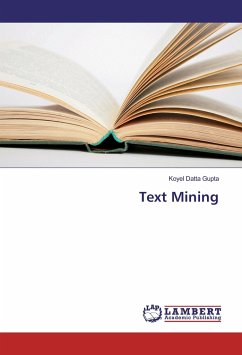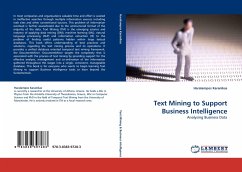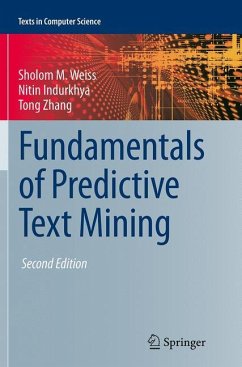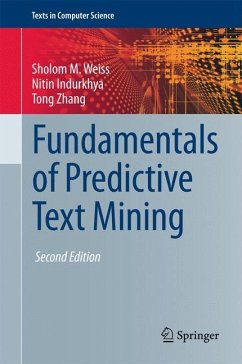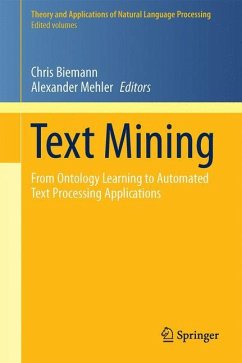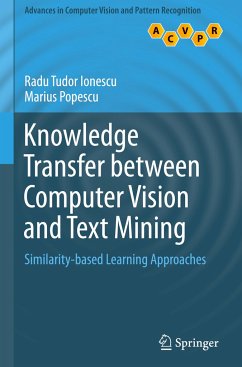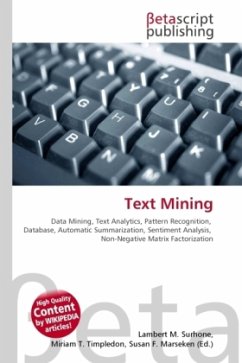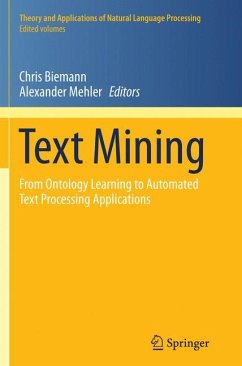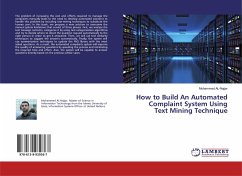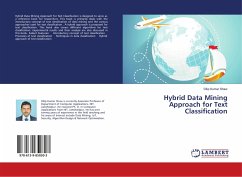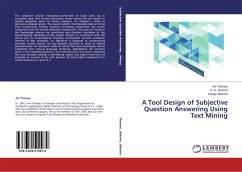
A Tool Design of Subjective Question Answering Using Text Mining
Versandkostenfrei!
Versandfertig in 6-10 Tagen
47,99 €
inkl. MwSt.

PAYBACK Punkte
24 °P sammeln!
The subjective answer evaluations performed on large scale, say in academia, show that human evaluations remain biased and are subject to specific guidelines given to human assessors. An attempt is made to generate unbiased system. The overall system's functionality relies on three main components, namely, question processing component, the search component and the answer-evaluation component. The parts of e-book in the knowledge sources are annotated and classified according to the bootstrapping ontologies of the subject domain. In continuum with the efforts put by computational linguistic co...
The subjective answer evaluations performed on large scale, say in academia, show that human evaluations remain biased and are subject to specific guidelines given to human assessors. An attempt is made to generate unbiased system. The overall system's functionality relies on three main components, namely, question processing component, the search component and the answer-evaluation component. The parts of e-book in the knowledge sources are annotated and classified according to the bootstrapping ontologies of the subject domain. In continuum with the efforts put by computational linguistic communities towards automatic retrieval of text semantics, an algorithm is designed to automatically generate 'model answer' for any keyed-in question or series of related questionnaires. An attempt is made to extract the most meaningful textual fragments from natural language sentences, highlighting the semantic sense of the explained discourse. The research focus roots upon extracting the noun phrases existing in dominating subject and object roles that are intended to connect to the verb phrases, forming triplet components for whole sentence or a part of it.



